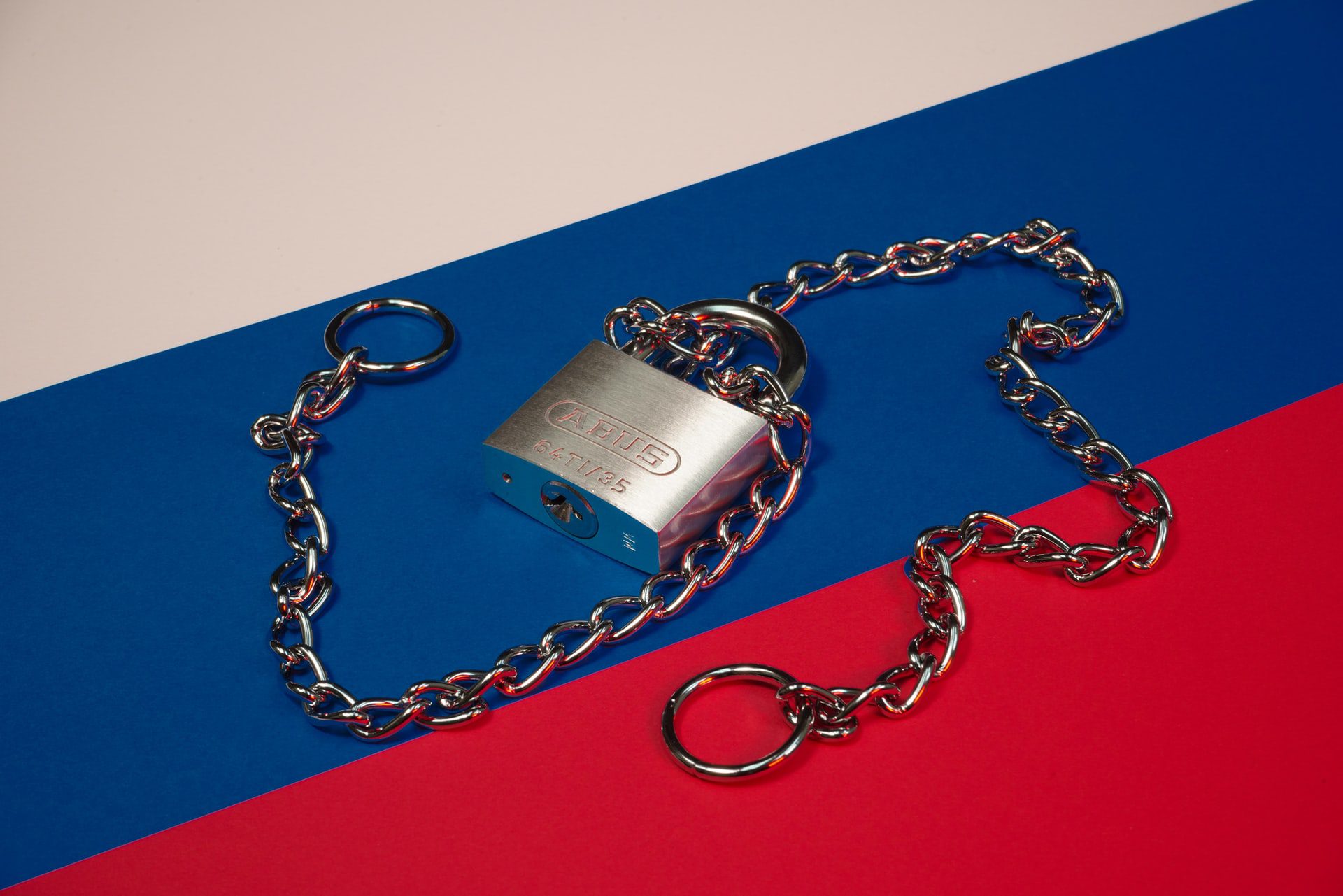
Europe breathed a sigh of relief on Thursday, July 21st, when gas started flowing through the Nord Stream pipeline.
But Europe also put two more cards on the table in the cat-and-mouse game over sanctions, energy supplies, and the war in Ukraine: one, gas rationing to prepare to survive the energy catastrophe that Russia could cause if it decides to, and two, sanctions on Russian gold.
The day before the Nord Stream Pipeline came back online, the EU Commission approved a proposal that would give it the power to mandate gas rationing and redistribution throughout the block. But it’s not law yet. To become legislation, it needs the qualified majority approval of the Council, which will hold an emergency meeting of the block’s energy ministers on July 26th.
The commission and diplomats also agreed on a “maintenance and alignment” sanctions package designed, according to the Commission, to make the sanctions already in place more effective. The package can be approved by member states in writing, which is expected to happen this week, Politico reports.
The flagship measure is a ban on Russian gold imports, to align EU sanctions with those of the G7, which decided to sanction Russian gold last month.
Politico reports that the draft of the maintenance package stipulated: “it shall be prohibited to purchase, import, or transfer, directly or indirectly, gold, as listed in Annex XXVI if it originates in Russia and has been exported from Russia into the Union or to any third country.”
The news outlet also reports that the annex would only ban gold in powder, unwrought, or semi-manufactured forms, as well as gold coins and waste or scrap gold. Gold in the form of jewellery is not listed, possibly leaving a loophole.
Gold is an important export for Russia, which sells billions of euros worth of the metal outside its borders each year. In 2019, approximately 90% of Russian gold exports went to the UK.
The package would also tighten monitoring and controls of the assets of sanctioned individuals, as well as add 48 more people to the blacklist.
The package is also meant to address accusations from Russia that EU sanctions are preventing exports of agricultural products to third party countries, such as those in Africa, that rely on wheat imports—according to the Commission and diplomats. It carves out exceptions for “the purchase, import or transport of agricultural and food products, including wheat and fertilisers” of certain sanctioned banks. EU countries would be able to approve the transfer if considered necessary, according to Politico.
At a press conference on Friday, July 15th, an EU diplomat was asked whether this meant the EU had been blocking exports of fertilisers or grains.
He characterised the allowance as “almost cosmetic,” Politico reports
“It isn’t the Commission saying we’ve actually done stuff that impedes grain, but it’s making sure that there’s no secondary effects of other sanctions that might in some way create even a hint of administrative burden for the export of grain,” the diplomat said.
It’s uncertain who is ahead in the economic-energy war game. According to statistics from the International Energy Agency, released July 18th, despite many EU countries either voluntarily cutting themselves off from Russian oil and gas or having their supply reduced by Russia, since the start of the war, Russia’s revenues on the oil and gas it sells to the EU has doubled.
Meanwhile, the EU has been preparing for a cold winter and an economic slump.
